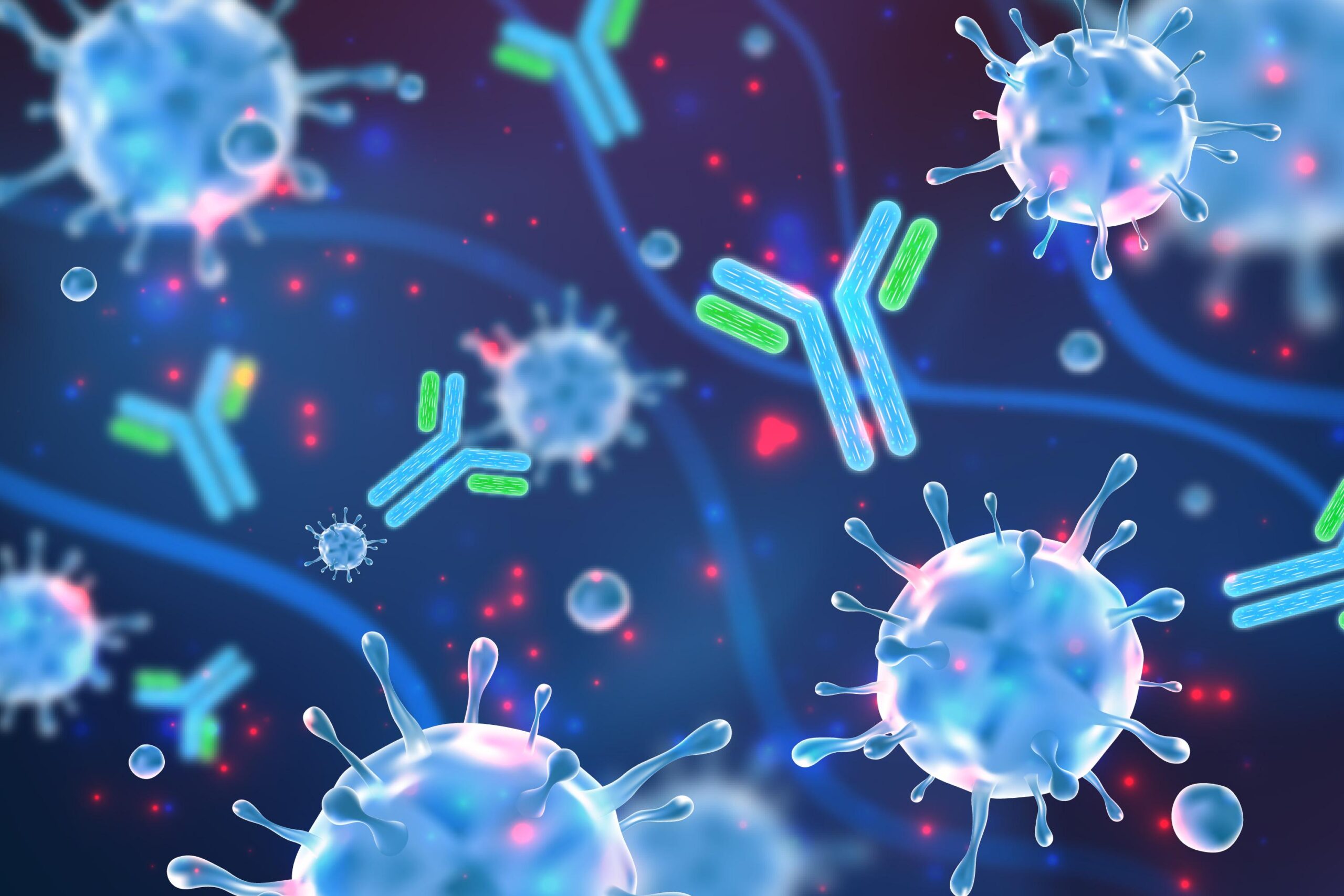Autoimmune diseases are on the rise. While genetics play a role, external factors like stress, infections, and food hypersensitivity are crucial triggers. Dr. Camille Lieners delves into the intricate relationship between IgG food allergy and autoimmune diseases, shedding light on the complexities of these conditions.
Autoimmune diseases involve abnormal immune responses to normal body parts, often triggered by genetic predispositions. Mutations in the HLA system are linked to various autoimmune diseases. However, these genes are not the sole culprits. Environmental factors, infections, leaky gut, drugs, stress, and adverse food reactions can act as triggers, making the development of autoimmune diseases a multifaceted process.
The Role of Leaky Gut:
Leaky gut, characterized by increased intestinal permeability, plays a pivotal role in autoimmune diseases. The upregulation of zonulin, a protein involved in tight junction regulation, has been linked to conditions like type 1 diabetes and celiac disease, multiple sclerosis and rheumatoid arthritis. Dysbiosis, an imbalance in gut microbiota, can exacerbate leaky gut, leading to heightened immune reactions and inflammation.
TH17 Cells in Autoimmunity:
TH17 cells, a subset of immune cells, are now recognized for their significant role in autoimmune diseases. These cells induce specific antibody production after contact with antigens, contributing to tissue damage and inflammation. Suppression of Treg cells, vital for oral and self-tolerance, may lead to increased gut permeability and influx of antigens, further fueling the autoimmune response.
IgG Food Allergy and Autoimmune Diseases:
The link between food allergy Type III and autoimmune diseases lies in the production of antibodies against food antigens that mimic human tissues. These antibodies, even when the original cause has subsided, can continue damaging tissues, sustaining local inflammation and contributing to autoimmune diseases. For example certain foods, like gluten and casein, have been implicated in conditions such as Crohn’s disease.
Autoimmune diseases are intricate, involving a delicate interplay of genetic predisposition, environmental factors, and immune responses. While food may not initiate these diseases, it can significantly impact their progression. Identifying and eliminating pro-inflammatory foods, determined through specific IgG testing, can reduce the inflammatory burden and potentially alleviate symptoms. Dr. Camille Lieners’ research emphasizes the importance of understanding these connections for better management and treatment of autoimmune diseases.
